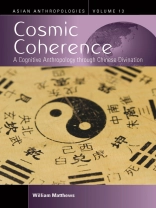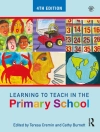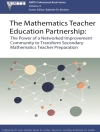Humans are unique in their ability to create systematic accounts of the world – theories based on guiding cosmological principles. This book is about the role of cognition in creating cosmologies, and explores this through the ethnography and history of Yijing divination in China. Diviners explain the cosmos in terms of a single substance, qi, unfolding across scales of increasing complexity to create natural phenomena and human experience. Combined with an understanding of human cognition, it shows how this conception of scale offers a new way for anthropologists and other social scientists to think about cosmology, comparison and cultural difference.
表中的内容
List of Illustrations
Preface
Acknowledgements
Notes on Text
Introduction: Getting Our Ontological Assumptions Right
Chapter 1. Deep Ontology: A Fishy Business
Chapter 2. Divining in a Homological Cosmos
Chapter 3. Figurative Thought for a Coherent Cosmology
Chapter 4. Cosmological Change: Historical Homologism and ‘Chinese Thought’
Chapter 5. Scale, Cognition and Cultural Difference
Conclusion: Cosmic Coherence and Correlative Comparison
Appendix: The Content of the Yijing
Glossary of Key Chinese Terms
References
Index
关于作者
William Matthews is Fellow in the Anthropology of China at the London School of Economics and Political Science. He is the author of various scholarly articles and book chapters covering the topics of anthropology and Chinese studies.












